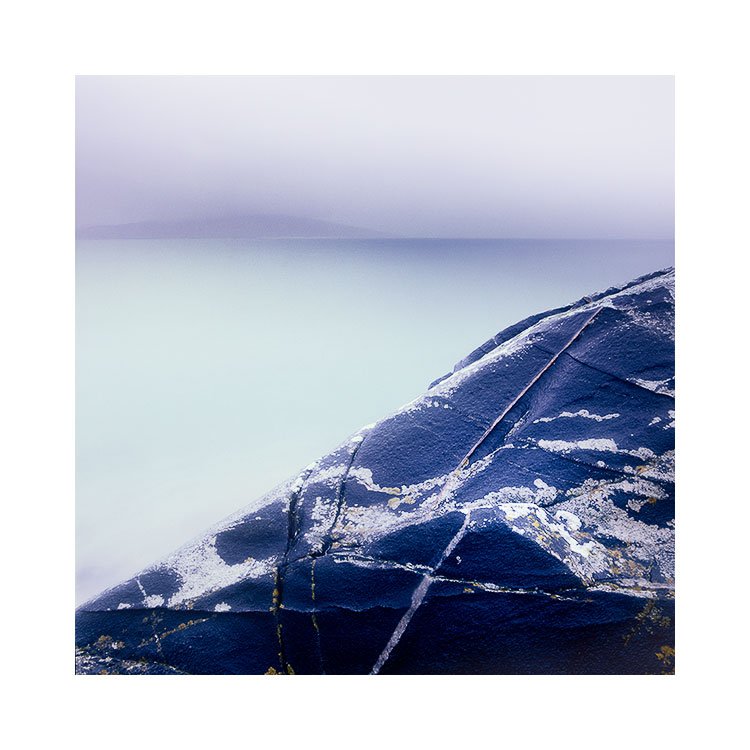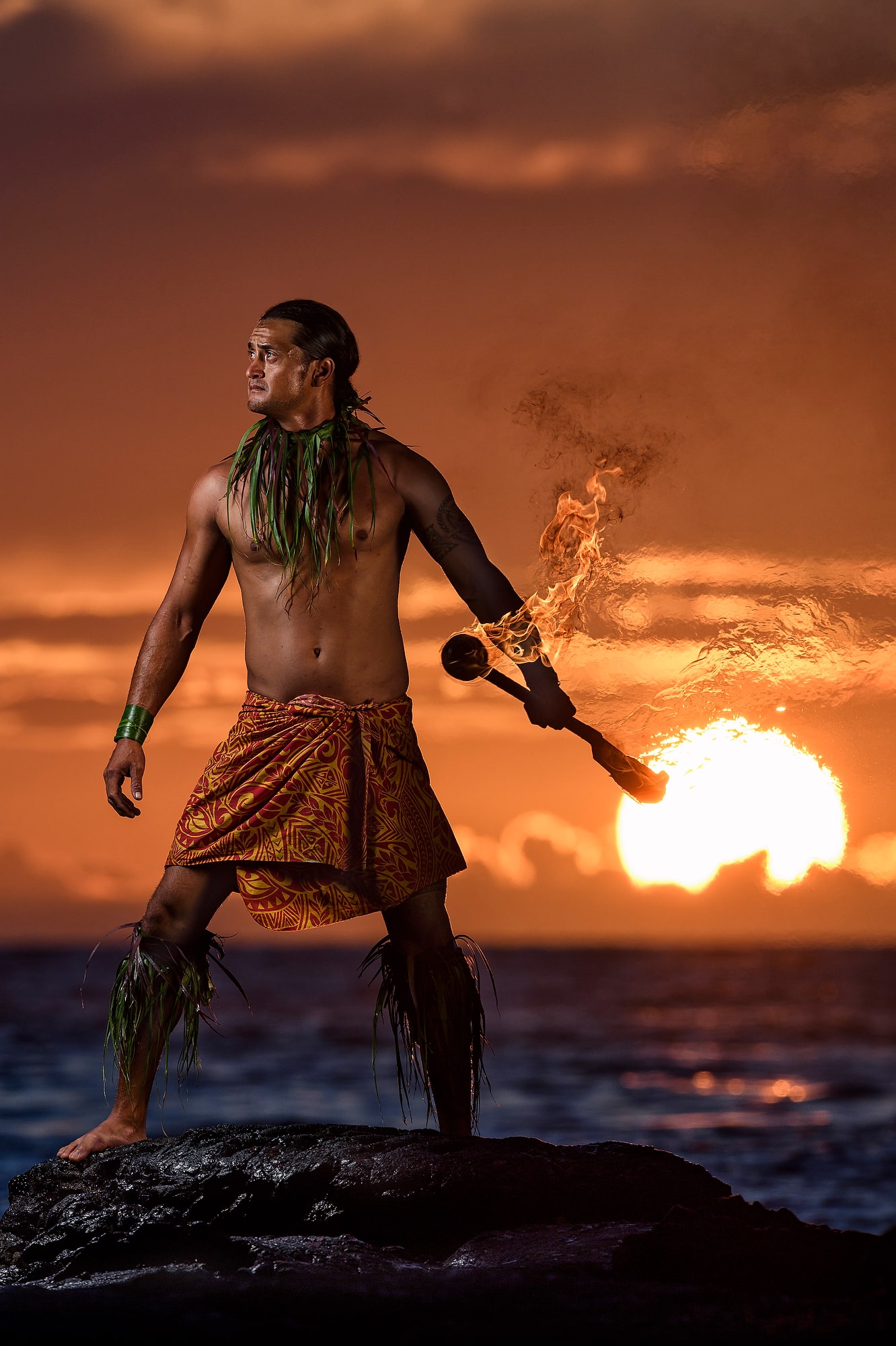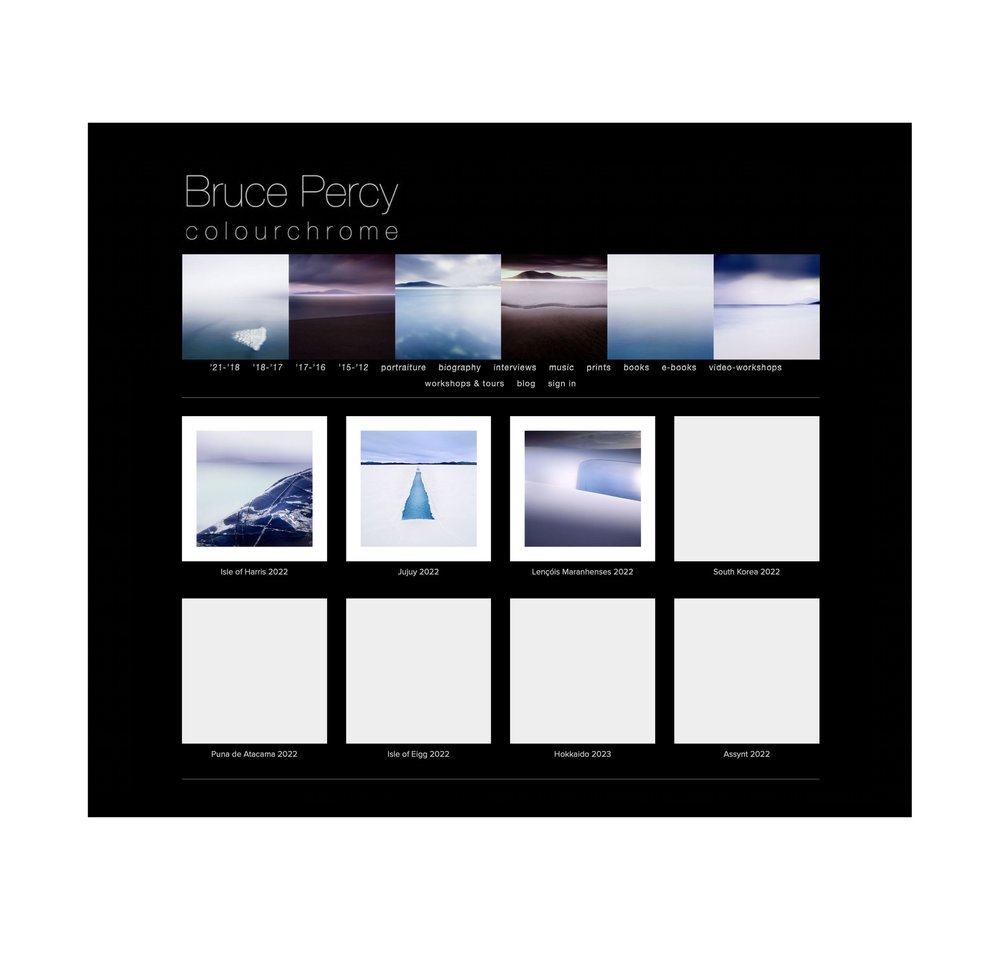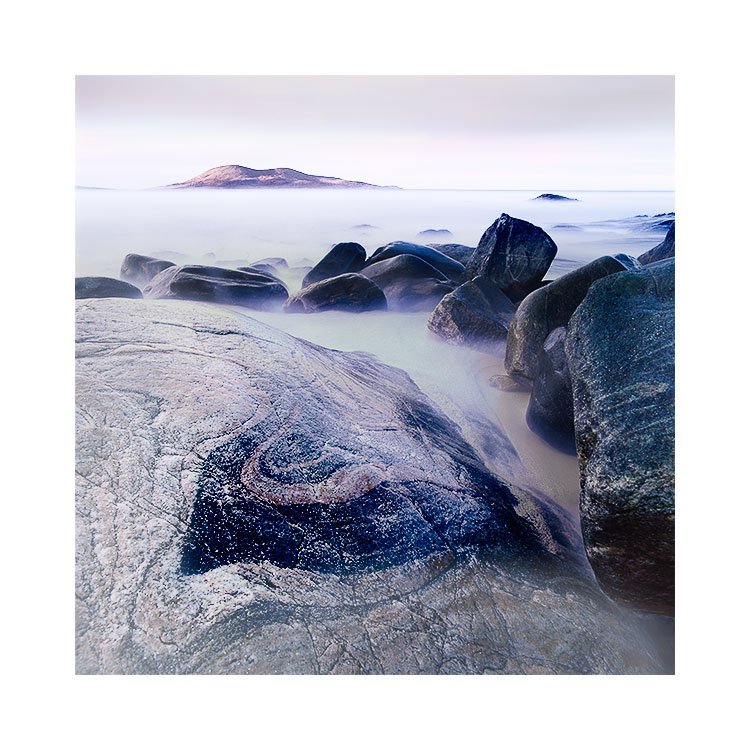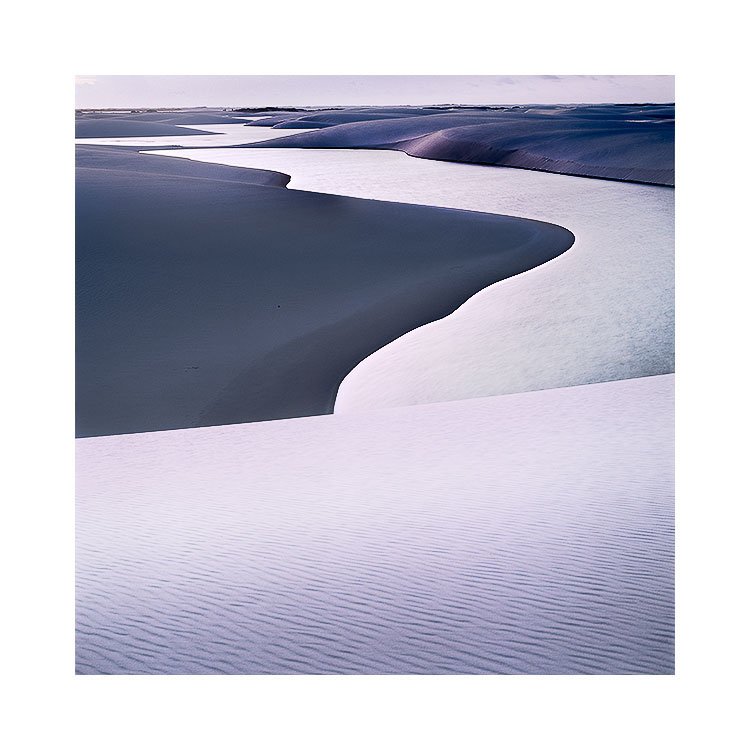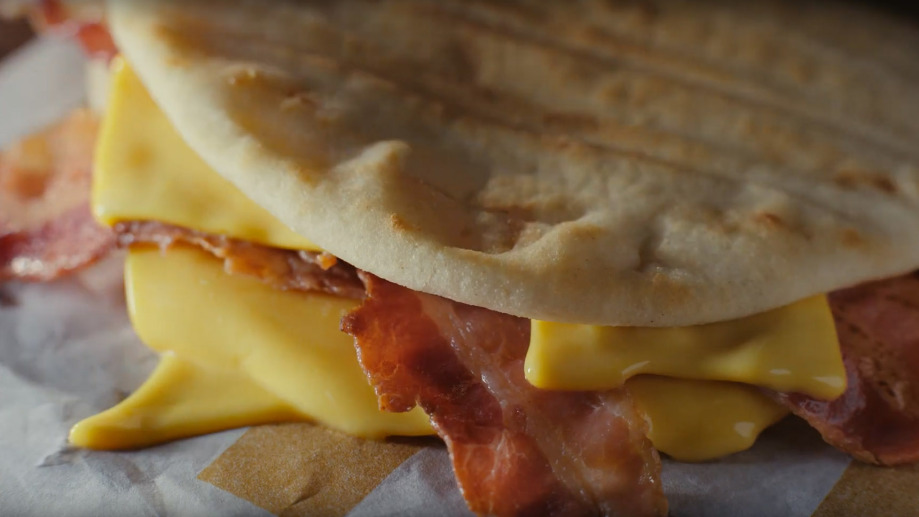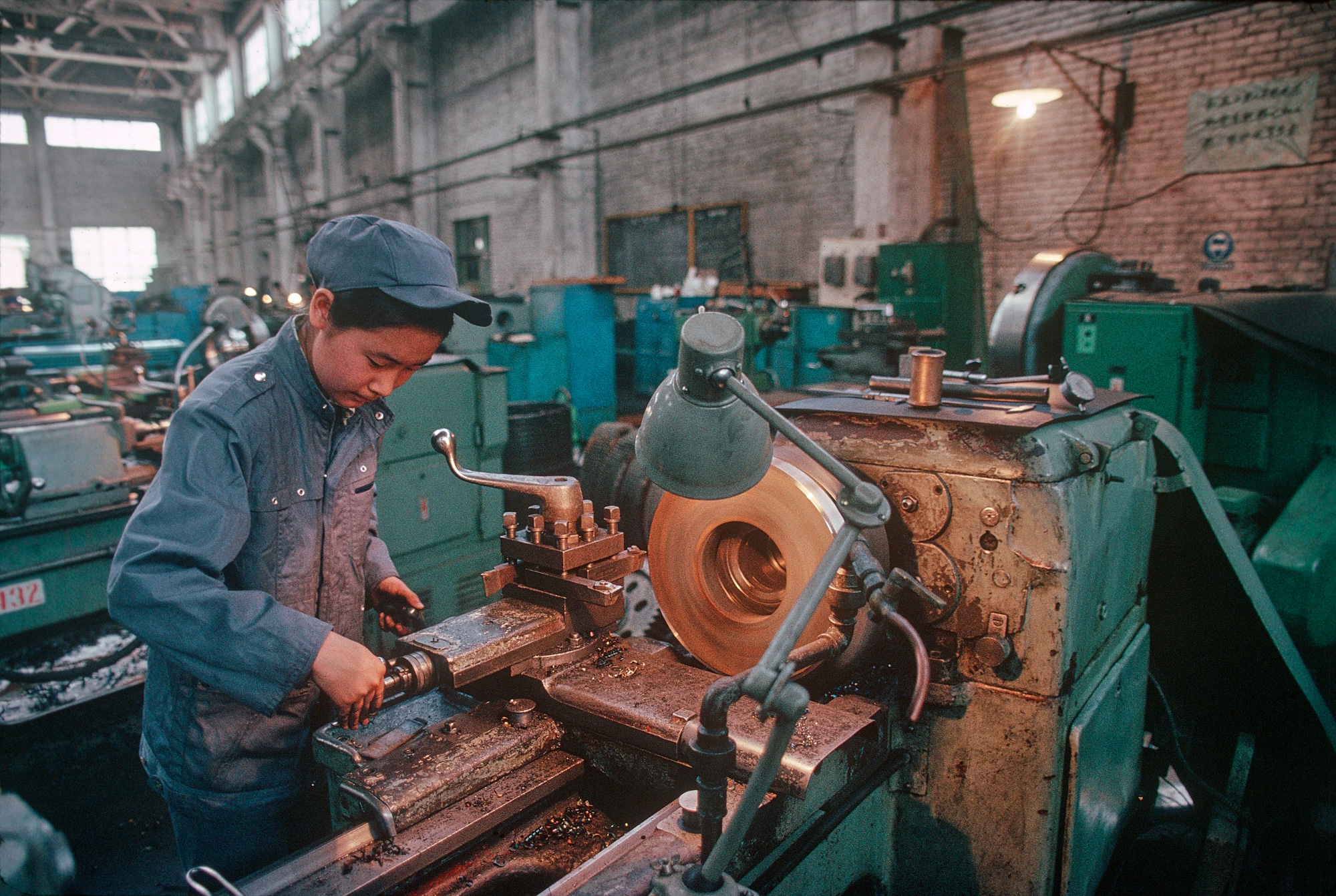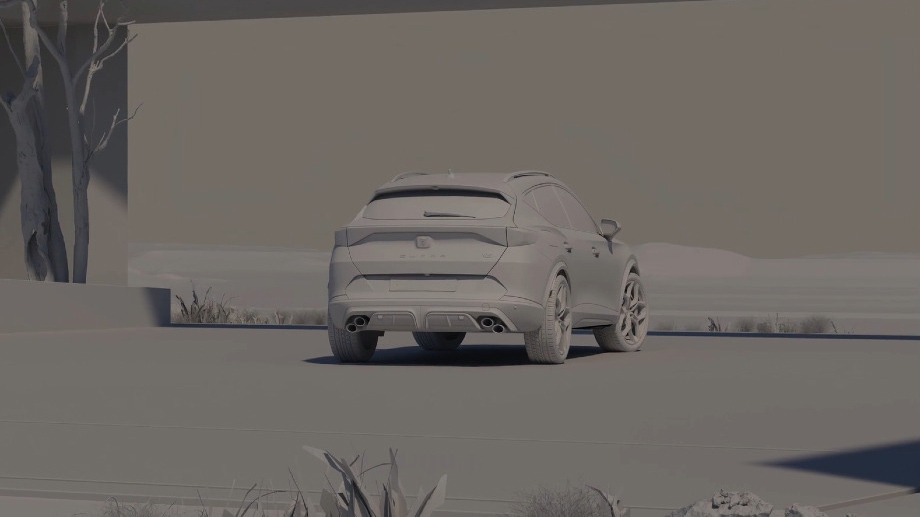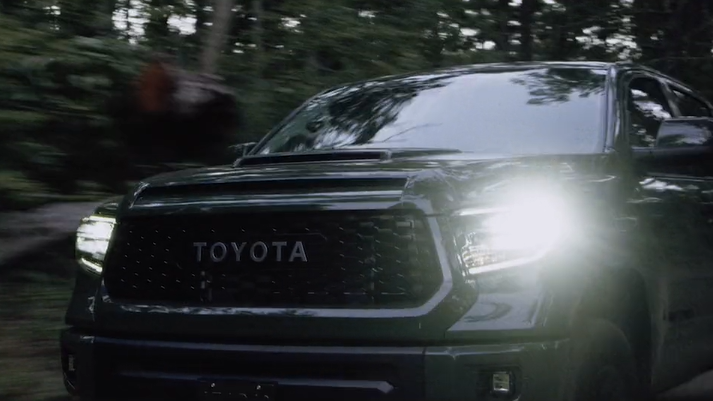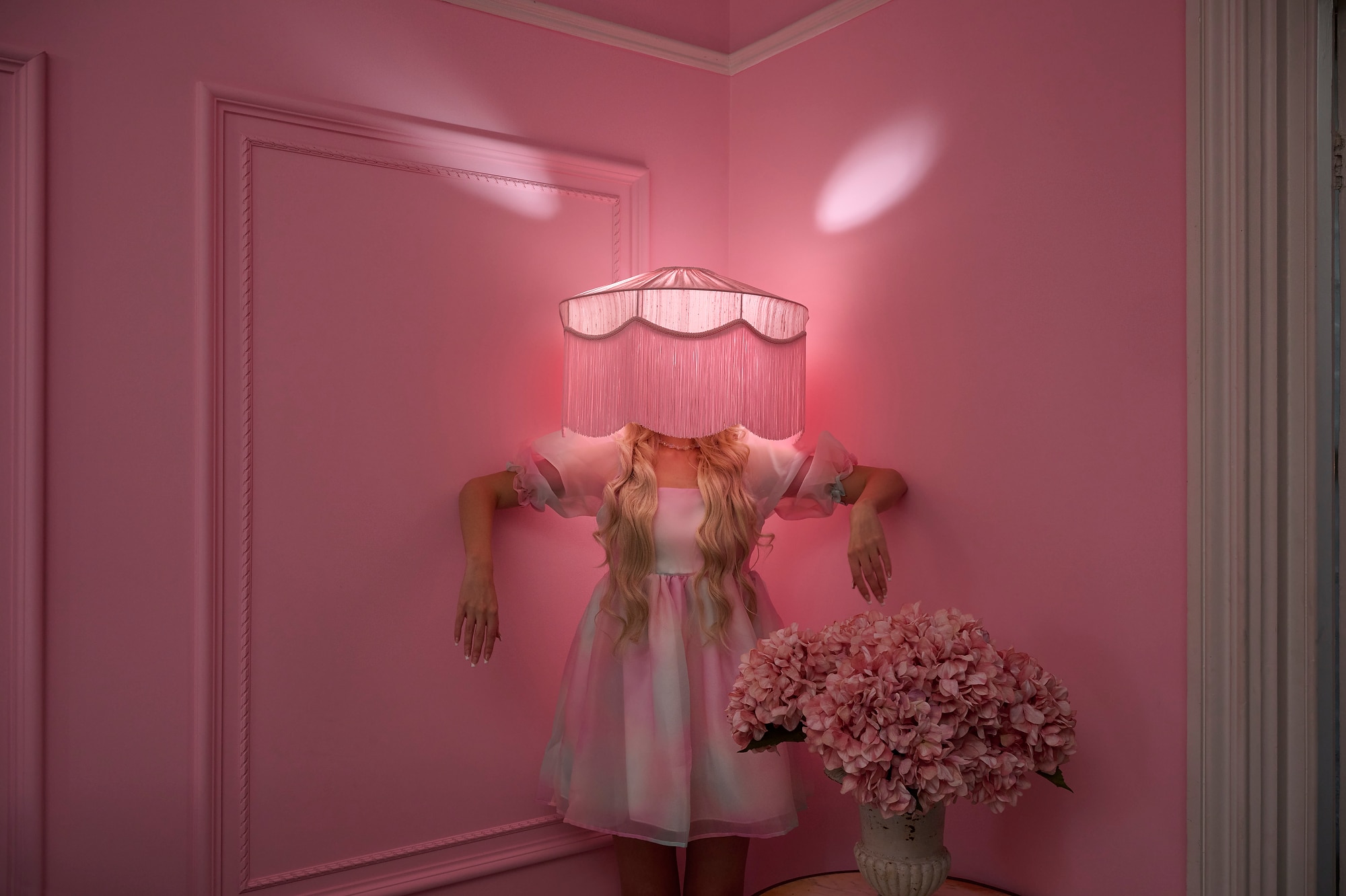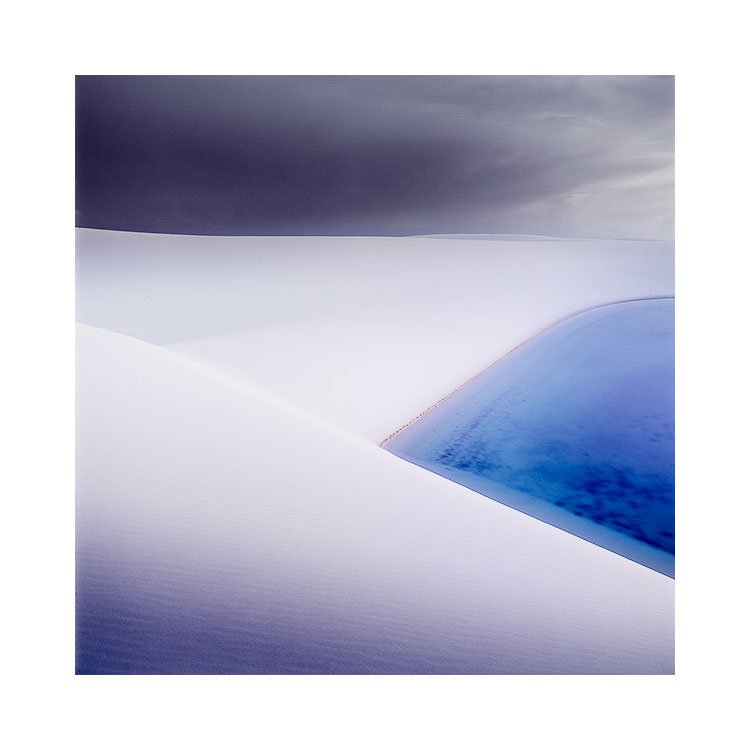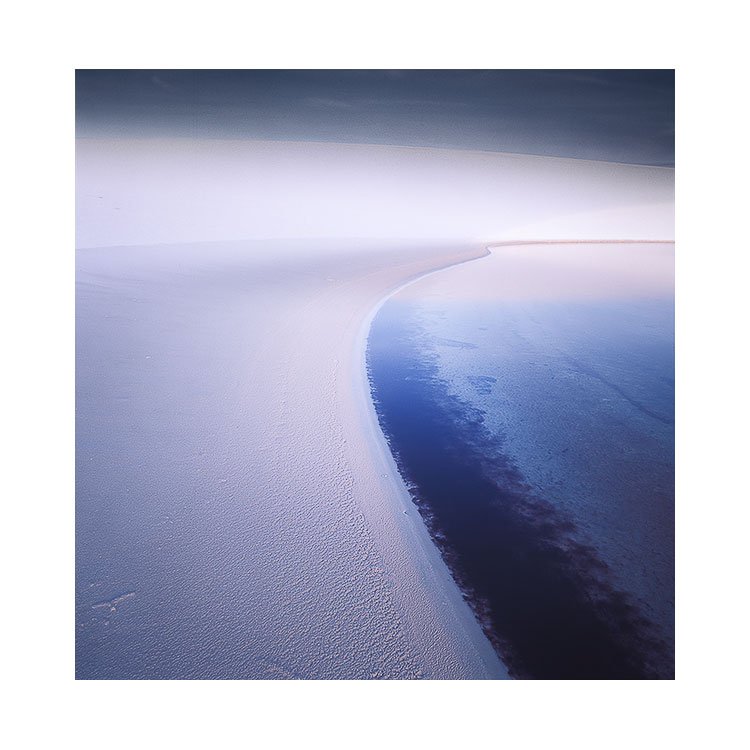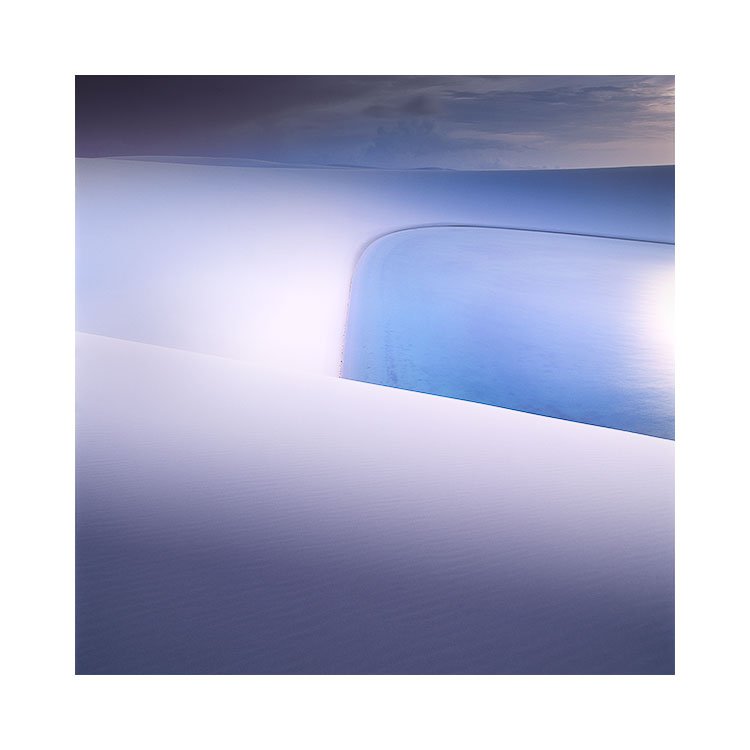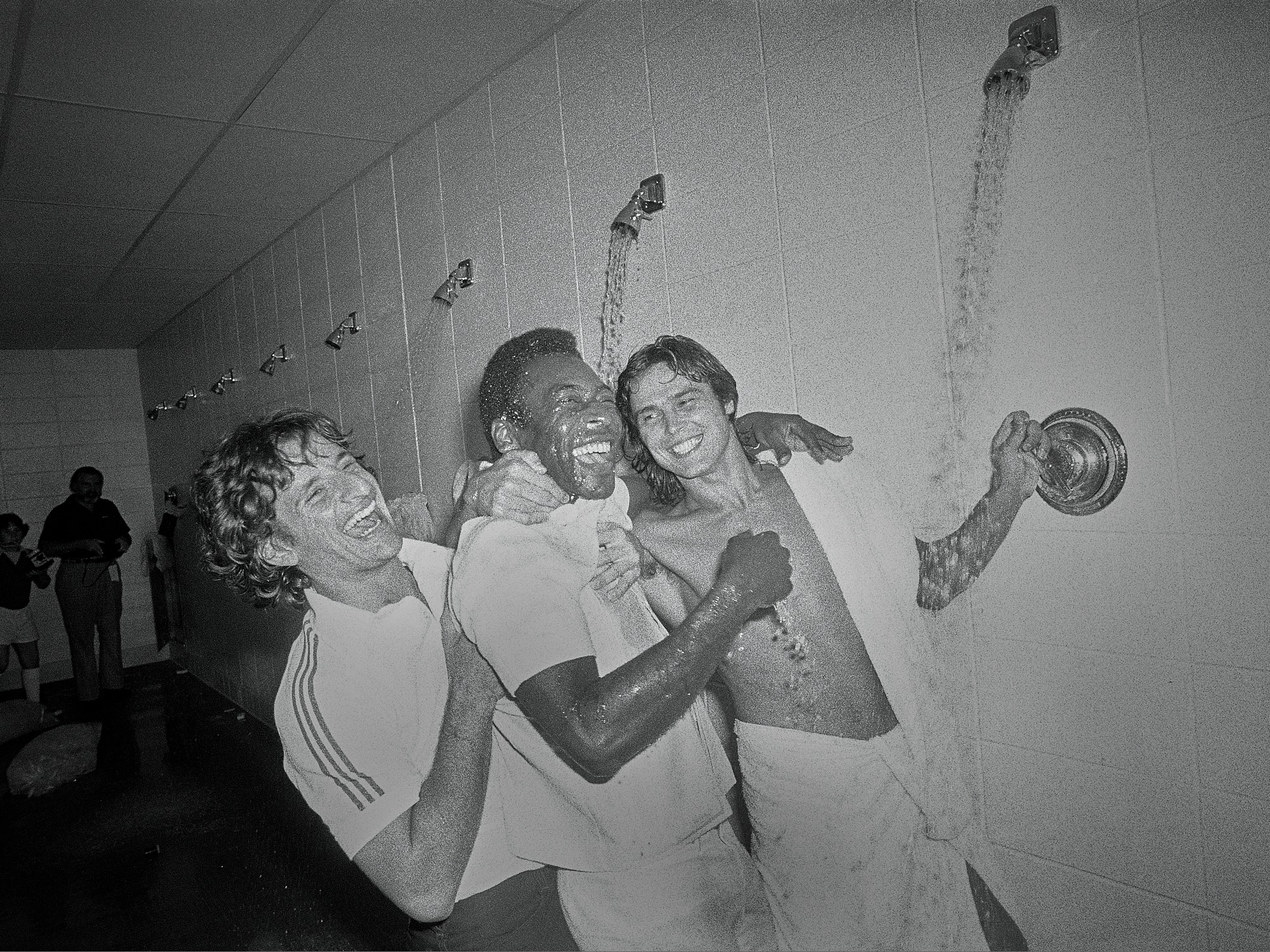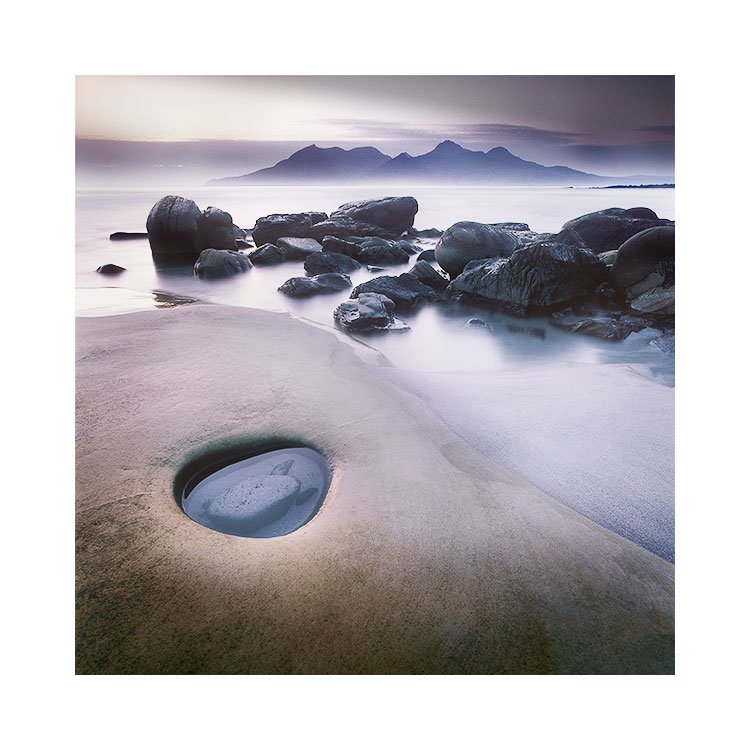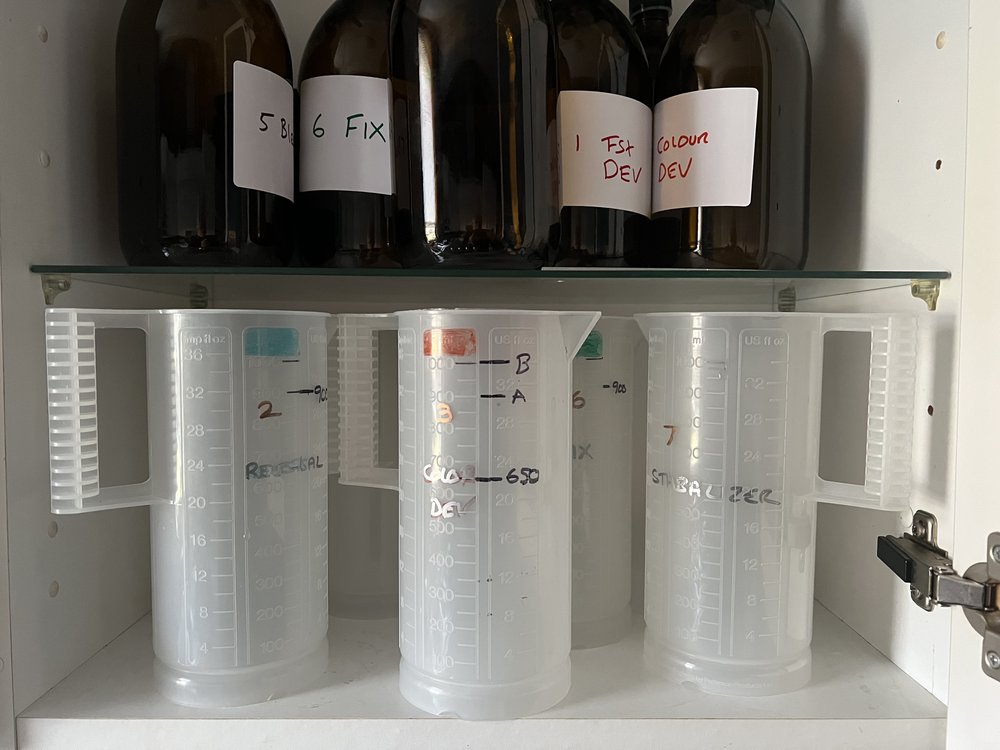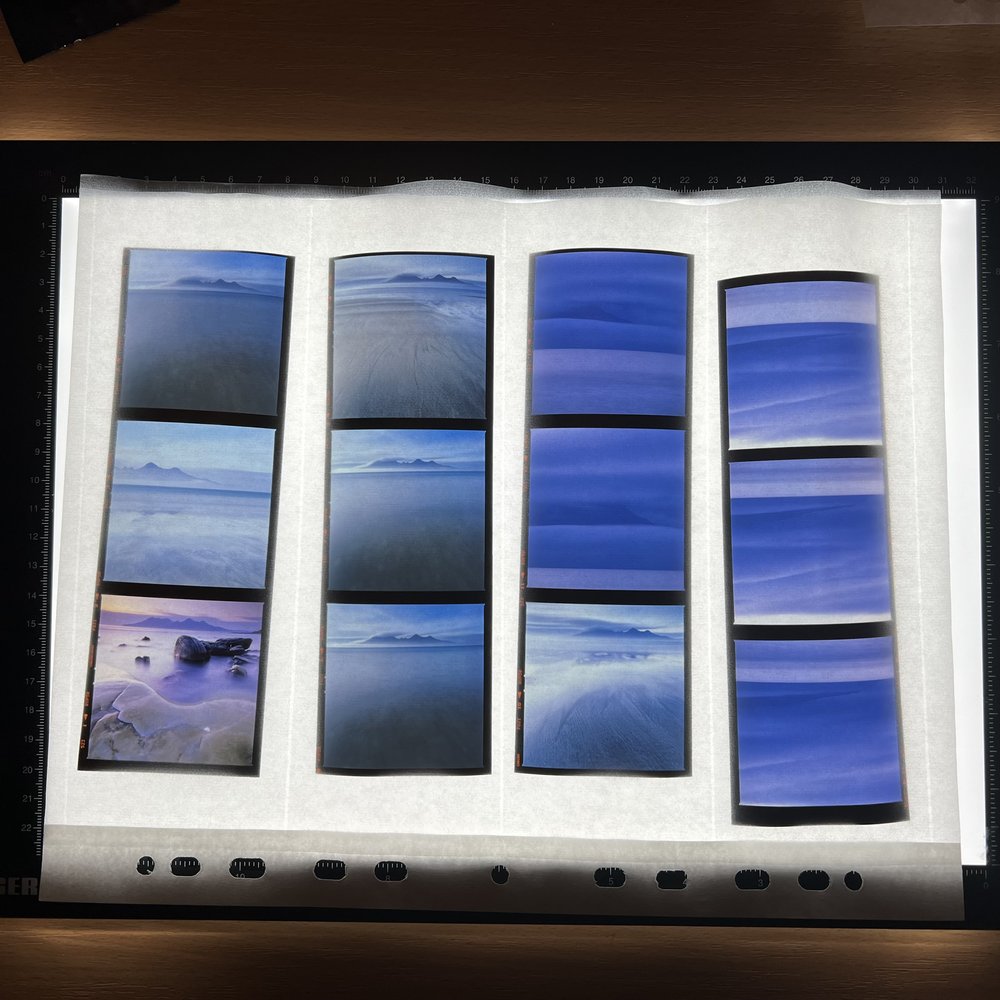Photographers
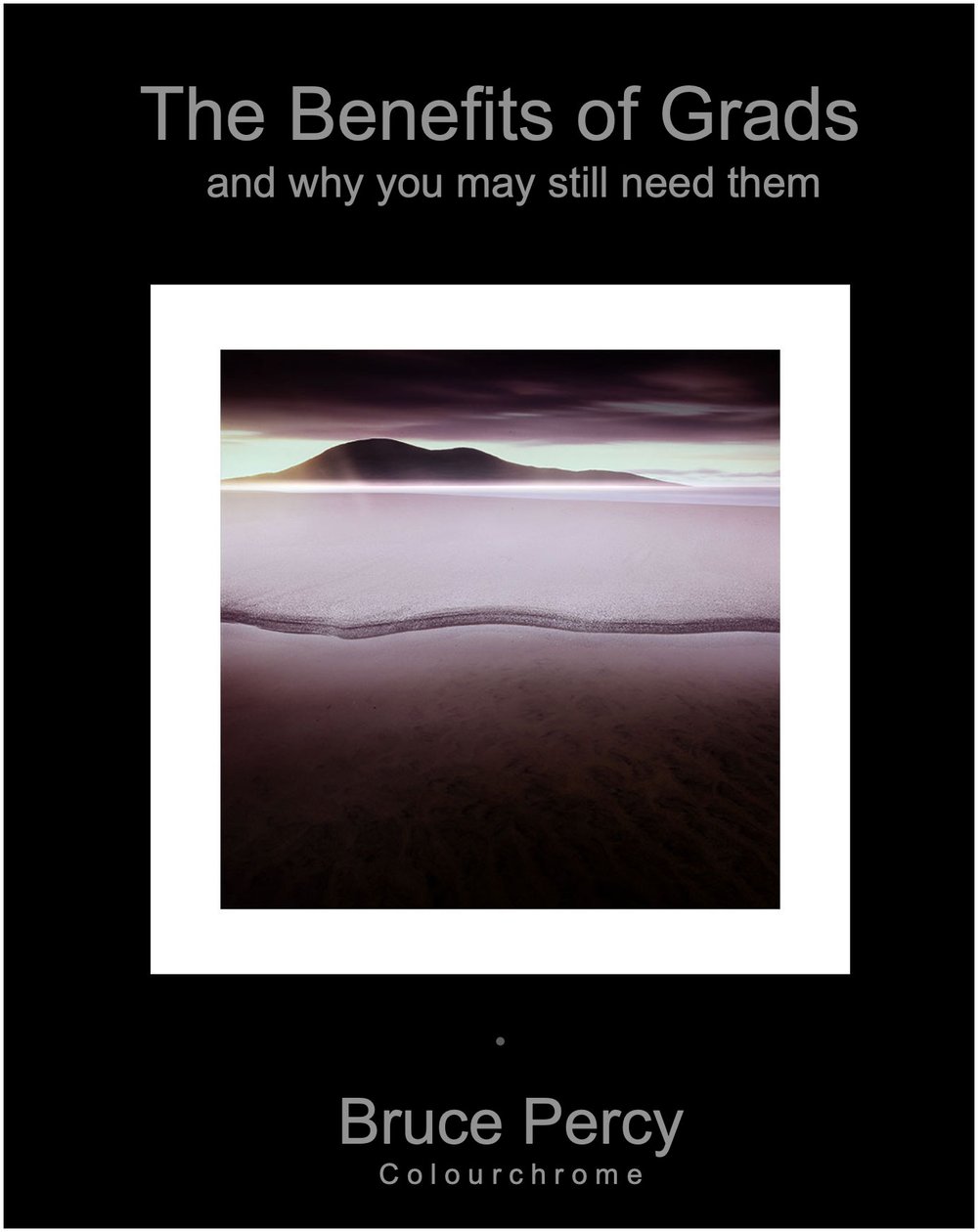
The benefits of graduated filters
The Art of Adventure - Bruce PercyI’ve been running workshops for over a decade now. In the past few years I have noticed that there is an increasing belief amongst many of my workshop participants that grads aren’t that important any more and everything can be done in post.
I don’t dispute this. I am sure this is the case for many images, but there are still a few reasons why one should consider using graduated filters anyway.

Considering an e-book on this subject. I’ll see how it goes. I also think folks need to understand that grad hardness / softness is also dependent on the focal lengths used.
Grads don’t just darken the sky
Grads reduce the dynamic range, so not only does your sky become less bleached out, the ground actually becomes brighter as well. As you push down the grad, the camera has to re-balance the exposure.
If the grad reduces the range of tones in your ground and sky to almost zero, then you end up with a nicely balanced image where the ground is the same luminance as the sky (this is how we perceive the world).
One thing to note about this ‘re-balancing’ of exposure, is that it only happens in evaluative / average metering modes such as Aperture Priority. If you are a manual shooter, you tend to set a constant - maybe exposing for your ground and then apply a grad to reduce sky overexposure.
I tend to prefer using Aperture Priority mode when I can, as it automatically re-adjusts the exposure as the grad is applied - lifting ground values at the same time as darkening sky values.
Over reliance on technology
I think there is too much emphasis on the technology and the dynamic range of a camera. I use grads mostly because my images pop out of my camera looking balanced and good. There is a level of engagement you get from looking at a file that has balanced sky and ground in it, as opposed to say, having to go home and drill through hundreds of images where the ground is muddy and the sky is a bit washed out. So to me, grads are about maintaining a level of engagement in the work.
Shadow data is improved
As a grad is introduced to the scene, the dynamic range is reduced. What happens is that the sky values get darker, but more importantly the shadow details open up as the ground values move towards the mid-tone. You get more shadow information in your files.
Better Composing in Live-View
It’s not just the technical that improves. You don’t just get nicely balanced photographs in-camera. You also get the ability to see better when working in live view. Work in live view without a grad and the ground is a muddy mash of difficult to see subjects and shapes. Similarly the sky is more washed out and it’s harder to see the elements that support or maybe distract in your composition. By applying a grad in live-view, you open up the ground values so you can actually see what’s there, and you also darken the sky. Everything just becomes a bit easier to compose.
More engagement
I don’t know about you, but I find that the images I feel drawn to work on when I get home, are the ones that look pretty good to begin with. I rarely work on images where the exposure is bad, or the ground is too dark and the sky is bleached out.
I’m a film shooter, so I only scan the images I have high engagement with. You tend to also shoot a lot less with film, and with digital, you have a lot more images to wade through. If I was a digital shooter coming home with lots of images where I have to grad in post before I know if they are worthy of working on, I think I would find that very hard.
I think balancing exposures in-camera at the point of capture leads to images that you are probably going to be more engaged with when you get home. Engagement, and being able to see what you really have in your files is greatly overlooked in my view.
Parting thoughts
Of course grads don’t work for all situations. My point is that they do work for a lot of things, and even in the age where we have a lot of dynamic range in our cameras, the human eye tends to perceive scenes as having a lot less range than they do. If you want your images to look as they do to your eye - you either have to grad in-camera, or do it in post. Either way, you have to grad. In my experience, using grads in the field allow me to capture images with improved shadow detail, and are more balanced / pleasing to my eye. Engagement increases and it helps me choose which images to work on when I get home.
There are also technical benefits to using grads while in the field such as improved shadow detail.
Of course you don’t ‘need’ to grad. This is not my point. What I hope to have illustrated today is that there are still a few benefits to using them, even in this day and age where a lot of digital shooters have abandoned them.

